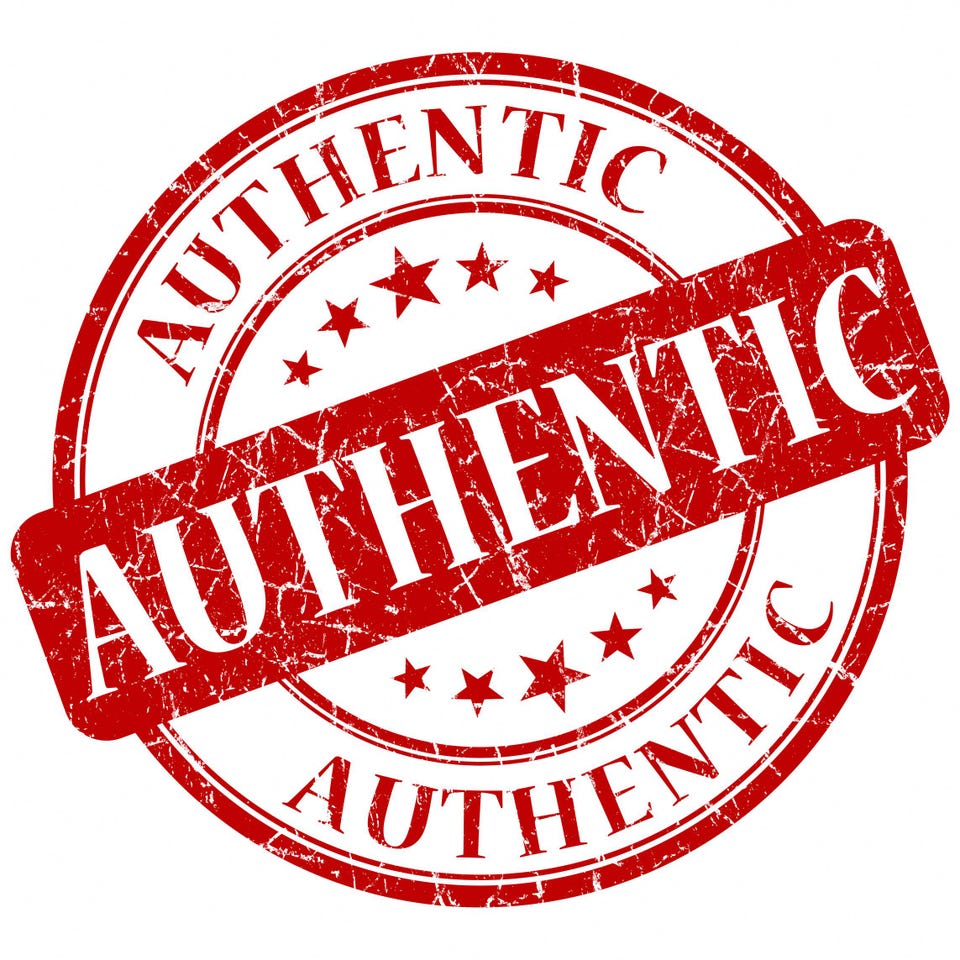AI Authenticity Arun Shastri Contributor Opinions expressed by Forbes Contributors are their own. Arun is ZS’ global AI practice leader Following New! Follow this author to stay notified about their latest stories. Got it! Sep 27, 2022, 10:25pm EDT | New! Click on the conversation bubble to join the conversation Got it! Share to Facebook Share to Twitter Share to Linkedin In late June 2022, Sanas, a Silicon Valley startup, raised $32 million in Series A funding.
Sanas is a real-time accent translation technology. For years, call centers in India or the Philippines have worked to neutralize accents by training their employees before they get to answering the phones. This new AI obviates that training – it alters accents in real time, making employees sound more American.
From Sanas’ perspective, they are working for the good of all concerned. The communication barriers between people with different accents and across multiple continents have lifted. In fact, Sanas’ slogan is change the world, not your self .
I am sure that they believe that they are encouraging each call center employee to be their natural self, and let the AI work its magic to represent them in a more familiar light to American customers. And I am sure that their AI is of the highest caliber. However, I find this project troubling on a few fronts.
Principal in this is the loss of authenticity. Authenticity is a valuable trait in any organization and for several reasons. First, customers respond well to authenticity.
In the business that I’m in, consulting, being my authentic self allows me to establish trust with my customers. Not immediately having the answer to a customer’s question may make me feel vulnerable, but it also makes me work harder to find that answer. Authenticity drives consistency in customer experiences – what they see is what they get, always.
One never has to pretend to be someone they are not. As Prabhakant Sinha, co-founder of ZS often says “Authenticity is the bedrock of trust” . Second, studies such as the one described in Why Authentic Workplaces Are More Ethical show that when employees bring their authentic selves to work, there is a higher likelihood of ethical behavior.
In our firm, I am convinced that allowing us to be authentic drives better performance from me as an individual and from my teams. When I am solving a problem in a team, I know what I bring to the problem at hand, and I am comfortable relying on the strength of others to tackle the gnarliest of problems. And if I can solve problems relying on our collective strengths, and allow myself to feel vulnerable yet secure, then why would I ever leave? Finally, authenticity is critical to all Diversity, Equity and Inclusion (DEI) efforts.
Whether you believe that DEI is important because it benefits productivity, or simply on moral grounds, DEI is and should be a focus of every major organization. And authenticity is crucial to such DEI initiatives. A study conducted by Michael Slepian and Drew Jacoby-Senghor came to the following conclusion: When employees felt like they didn’t belong in the workplace, they felt like they couldn’t be themselves at work.
When employees feel they can’t be their authentic self at work, they have lower workplace satisfaction, find less meaning in their work, and have one foot out the door . These seem to be compelling reasons to bring our authentic selves to our workplace. Yet the story I began with suggests that in our personal lives, as customers, we cannot tolerate a service professional’s authentic Indian or Filipino accent.
Other AI implementations, such as personalization and recommendation algorithms, strive to treat users as individuals, and we seem to demand more of this. Similarly, AI in sales operates in the background to ensure that every customer interaction with salespersons or marketing channels is optimal and specific to that customer. Yet when it comes to human-to-human interactions, we seem unwilling to tolerate differences.
If I worked at a call center employing accent translation technology, I would feel uncomfortable knowing that I have a perceived deficit which must be corrected in real time. Thankfully, my friends and family do not think that my accent is strange. AI should make us more human and encourage our individuality.
Follow me on Twitter or LinkedIn . Check out my website . Arun Shastri Editorial Standards Print Reprints & Permissions.
From: forbes
URL: https://www.forbes.com/sites/arunshastri/2022/09/27/authenticity/
